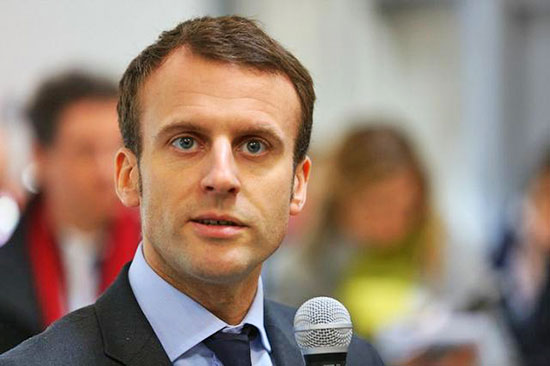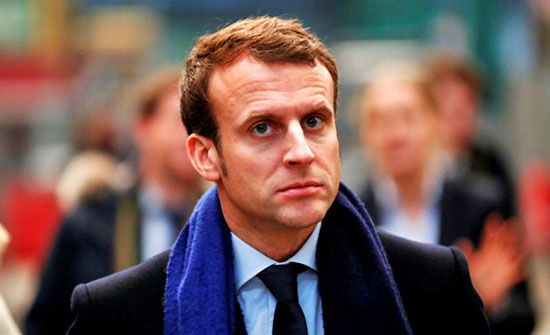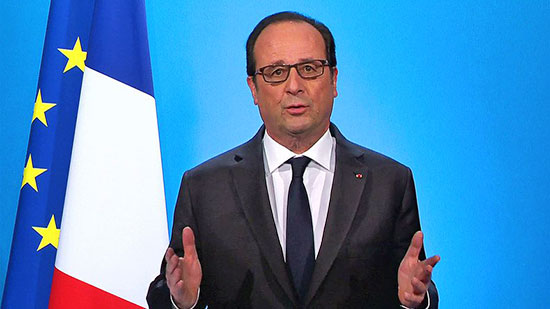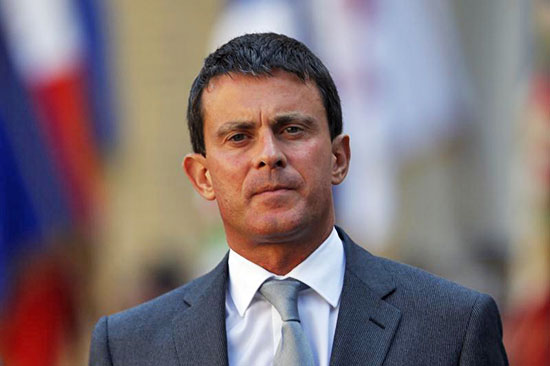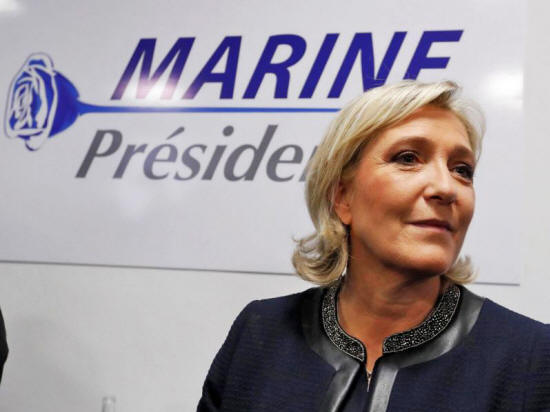|
from
GlobalResearch Website
Emmanuel Macron
It is shaping up as a highly significant encounter between two profoundly opposing conceptions of political life. On one side, governance, meaning the joint management of society by a co-opted elite, on the model of business corporations.
On the other side, the
traditional system called "democracy", meaning the people's choice
of leaders by free and fair elections.
This election may be such
an event.
Instead, the favored model is "governance", a word taken from the business world, which refers to successful management of large corporations, united in a single purpose and aiming at maximum efficiency.
This origin is evident in aspects of political governance:
These features increasingly describe political life in the West.
In the United States, the transition from democracy to governance has been managed by the two-party system, limiting voters' choice to two candidates, selected and vetted by principal shareholders in the national business on the basis of their commitment to pursuing the governance agenda.
This was going smoothly until Hillary Clinton, the overwhelming favorite of the entire elite, was shockingly defeated by an unvetted intruder, Donald Trump.
The unprecedented negative reaction throughout the West shows how little the global governance elite is ready to cede power to an outsider.
The situation in the
United States remains uncertain, but the upset reflected rising,
although poorly defined, popular resentment against the globalizing
governors, especially due to economic inequality and the decline of
living standards for much of the population.
But even she was not as much a pure product of the globalization system as the French candidate Emmanuel Macron.
In January, Foreign
Policy introduced its readers to Macron as "The
English-Speaking, German-Loving, French Politician Europe Has Been
Waiting For".
U.S. media seem impressed
by the fact that along the way he studied philosophy, which is no
big deal in France.
IGF inspectors have lifetime security and are assigned as economic advisors to government officials or private entities.
In the IGF he gained the attention of the particularly well-connected senior official Jean-Pierre Jouyet, who recommended him to Jacques Attali, the most spectacular of the intellectual gurus who for the past 35 years has regaled French governments with his futuristic visions (Jerusalem as capital of a future world government, for example).
In 2007, Attali co-opted Macron into his super-elite "Commission for the Liberation of Growth", authorized to provide guidance to the Presidency.
A star was born - a star of the business world.
In this context, "growth" naturally means growth of profits, by way of measures cutting back the cost of labor, tearing down barriers to movement of capital, deregulation.
The 40 elite members
planning the future of France included heads of Deutsche Bank and
the Swiss firm Nestle. They also provided the young Macron with a
valuable address book of useful contacts.
He got along with
everyone and "didn't antagonize anyone".
Macron is famous for such words of wisdom as:
Or:
So Macron has launched
his career on the basis of his charm and "vision" - he certainly has
a clear vision of the way to the top.
The governance elite
operates by co-optation. They recognize each other, they "smell each
other out", they are of one mind.
People who think alike
act together. Nobody has to tell them what to do.
Like
George Soros, for instance.
That's why David Rockefeller founded the Trilateral Commission forty years ago, to figure out how to deal with,
These days, ideologues
keep the masses amused with arguments about themselves, which
identity group they belong to, which gender they might be, who is
being unfair to whom, who it is they must "hate" for the crime of
"hating".
This super-secret gathering of "governance" designers was formed in 1954 by Prince Bernhard of the Netherlands.
No journalists are
allowed into the Bilderberg gathering, but leading press barons are
there to agree on the consensus that must be spun to the masses.
Among other things, he
reversed the position of his predecessor by approving the sale of
the crown jewel of French industry, the Alstom energy sector
responsible for France's nuclear power industry, to General
Electric.
His so-called "Macron
Law", featuring massive deregulation, conformed to European Union
directives but was unable to win a majority in parliament, and had
to be adopted by resorting to Article 49.3 in the Constitution,
which allows the Prime Minister to adopt a law without a vote.
He designed the "reform" (partial dismantling) of French labor law, presented to the public as the El Khomri Law, named after the young labor minister, Moroccan-born Myriam El Khomri.
Mme El Khomri had
virtually nothing to do with "her" law, except to put a pretty face
and an "ethnic diversity" name on wildly unpopular legislation which
sent protesting workers into the streets for weeks, split the
Socialist Party and obliged Prime Minister Valls to resort once
again to Article 49.3 to pass it into law.
This opened the way for
Macron to emerge as the heroic champion of "the future", "neither
left nor right", "the France of winners" in his new party, En Marche
(which can mean "it's up and running").
Being "charming" assured
Macron a successful career as a banker, and the sycophantic mass
media are doing their best to assure him the Presidency, mainly on
the basis of his youthful charm.
They should be called the Mind Management Media.
Objectivity is a thing of
the past...
Backed by the Mind
Management Media, Macron is the candidate of authoritarian
governance running against all the others, against French democracy
itself.
|


